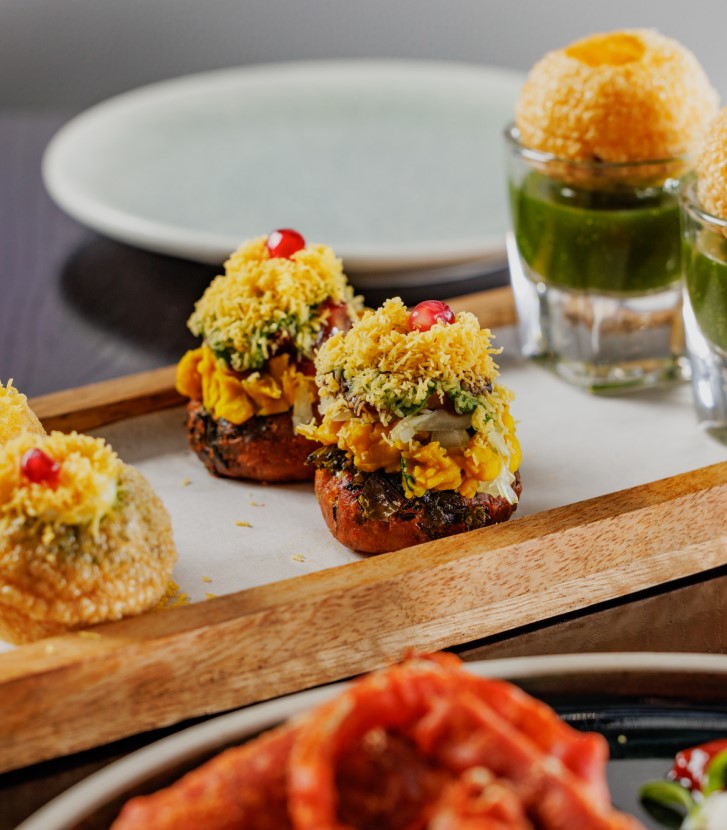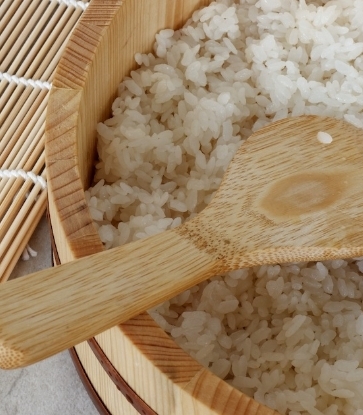On a gently sloping hill on the corner of my in-law's property sits an apple tree that every autumn is fat with fruit. "Wolf River," my father-in-law Michael says to me as we gather hundreds of pounds of fruit. The apples are large—huge, even—and are red with the occasional thready stripe of yellow-green. They're good for cooking and store fairly well, but aren't particularly suited for eating by hand.
If you haven't heard of Wolf River apples before you're not alone. Apple varieties like Fuji, Gala, Granny Smith, and a handful of others are available year-round and dominate the fruit bins. While most are delicious—with the exception of the deservedly maligned Red Delicious—they represent a small, carefully bred and selected slice of the full catalog of apples that grow not only in the United States but in other parts of the world as well. Those harder-to-find apples are heirlooms: seasonal, local and uniquely tasty.
Delicious but Fragile
According to the United States' Center for Urban Education about Sustainable Agriculture (CUESA), a non-profit that helps operate farmers' markets in the California Bay Area, there are over 7,000 known varieties of apples worldwide. The problem is that while the range of shapes, sizes, colors and characteristics is extraordinary and kaleidoscopic, heirloom varieties are often persnickety to both grow and transport.Alissa Trinei, who heads marketing for the California-based company North Coast Organic, says, "Gravenstein apples are our special apple varietal that really only grows out here in Sonoma county." Because of their natural sweet and tart flavor they're ideal for things like making juice and don't need to have sugar added to them. But," Trinei adds, "They're really thin-skinned so they bruise easily and they're not going to stay in the fruit bowl for very long." They also have short stems which results in them easily being knocked from trees, and the trees themselves have hollow trunks and branches, which make them fragile and prone to breaking. Because of these challenges they're a decidedly local delicacy that you won't find in any supermarkets.
Look Close to Home
Because heirloom apples are fragile and not commercially distributed, you have essentially two options if you're interested in tasting them: find a company making shelf-stable products using heirloom varieties or look at what's available close to home.For fresh apples, take a trip to your local farmers' market where you can purchase fruit directly from growers. Not only will the farmers selling apples be able to tell you more about what's available in your area, they'll be able to give you specific instructions about which varieties are suitable for different purposes. Brie Mazurek, CUESA communications director, says, "There's actually a huge diversity of apples. [Many are] often overlooked or are simply not grown. They are varieties that might not have as long of a shelf life or that have been grown historically for their flavor or for different uses, whether it's for apple cider or making pies or for eating right out of hand."
Liquid Gold
For shelf-stable products, look for companies that don't add unnecessary flavoring or additives like sugar, coloring or preservatives. If you really want the full heirloom experience also look for single variety products as opposed to those that blend different types of apples or incorporate other fruits entirely.A particularly great way to sample heirloom varieties is to look for craft hard cider, which these days is increasingly easy to come by. In the United States, getting to know different apples, and the people in your area who turn them into cider, is a task worthy of a weekend fall afternoon. But, if you need a kick start, in the New York area Hudson Valley Farmhouse Cider produces a number of heirloom ciders, both single variety and blended, while on California's Gowan's Heirloom Cider does the same on the West Coast. The breadth of hard apple products also extends to ice cider, which is similar to ice wine. Eden Specialty Ciders based in Vermont makes both heirloom cider and small batch heirloom ice cider, a vintage dessert cider ideal for sipping.






















